“But concerning baptism, thus shall ye baptize. Having first recited all these things, baptize in the name of the Father and of the Son and of the Holy Spirit in living water. But if thou hast not living water, then baptize in other water; And if thou art not able in cold, then in warm. But if thou hast neither, then pour water on the head thrice in the name of the Father and of the Son and of the Holy Spirit. But before the baptism let him that baptizeth and him that is baptized fast, and any other also who are able; And thou shalt order him that is baptized to fast a day or two before.” Didache 7:1-4 (c. 60-100 AD)
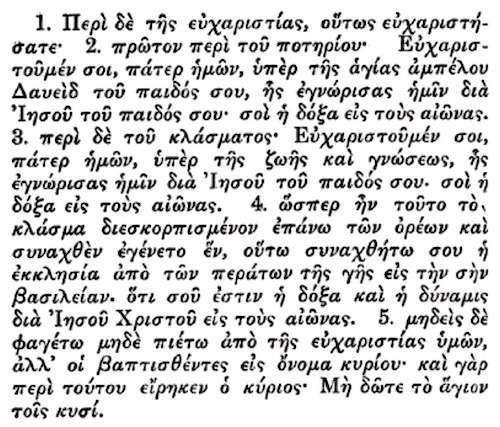
Since the very beginning of the faith, Christians have disagreed over doctrines and rituals. To this day those who believe the only Biblical form of baptism is total immersion in water frown upon other forms of baptism.
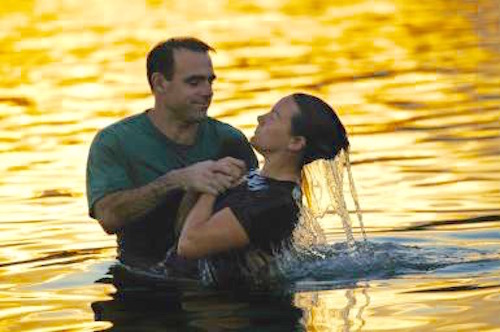
Some churches insist on infants being baptized.

Others are sure baptism should only occur when the initiate is mature enough to accept Jesus as Savior.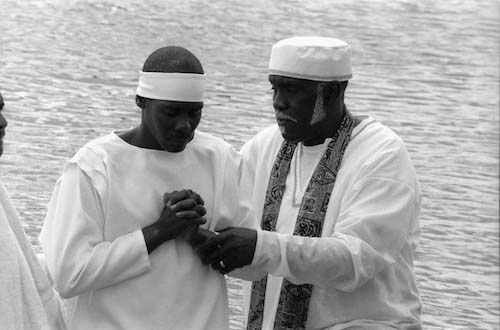
Serious intramural wars and the casualties and denominations that accompany such wars have been fought over the correct way to baptize—dunk (immersion), sprinkle (aspersion), pour (affusion). And over the correct age of baptism—infants, 12-year-olds, any age.
It is enlightening to read the Didache subtitled The Teaching Of The Twelve Apostles. In another document the subtitle is The Teaching of the Lord to the Gentiles. The writer is anonymous, but the Teachings reflect a person who was living at a very early period when Jewish influence was still important to the Church. The Didache (pronounced “did-ah-kay” or “did-ah-key”)) is a catechism of early Christian teachings taken from the Old and New Testaments. Perhaps it was meant as a pastoral doctrinal guide to core Christian beliefs.
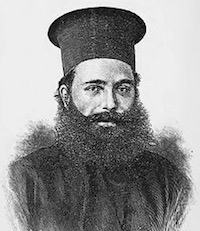
The Didache was discovered in 1873 in a library in Constantinople by a Greek priest, Father Philotheus Bryennios. The current consensus dates the original manuscript between 60 AD (some 30 years after resurrection of Jesus) and 100 AD. The early dates make the Teachings contemporary with most of the Apostles and, therefore, highly relevant to the practices of Christians under Apostolic influence. Those, for instance, who want to marry themselves as accurately as possible to the beliefs and practices of the infant Church will find the Didache’s teaching on Baptism liberating.
The preferable way is to baptize in “living water.” “Living water” is “running water.” It denotes a river, an ocean, a stream, a spring, a groundwater well or a lake with outlets. Living or running water has the baptismal advantage of being able, metaphorically, to purify and to wash away as it is flowing.
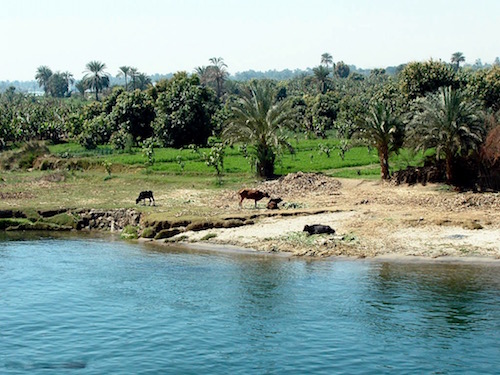
If a river, ocean, stream, spring, well or lake is not available, you can be baptized “in other water.” “Other water” could be a pond, a lake without outlets, a swimming pool or any receptacle that has enough water in it to contain the baptizer and the baptized, or “other water” could just mean “water.” The important ingredient here is “water.”
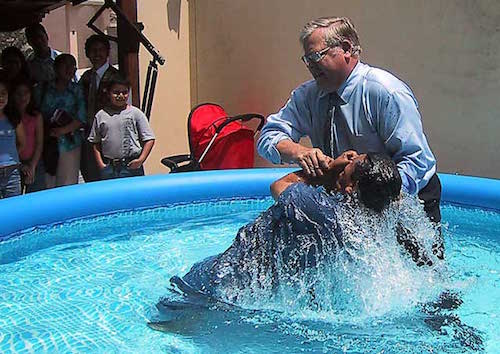
“Cold” (running) water is preferred, but if you do not have cold water, then you can baptize in “warm” (standing) water. If cold or warm water is not plentifully available, then “pour water on the head three times in the name of the Father and of the Son and of the Holy Spirit.” It can be deduced that any kind of available water will suffice for sprinkling/pouring.
One important injunction in the Didache not followed by the modern church is: “Before the baptism, let him that baptizeth and him that is baptized fast, and any other who are able; And thou shalt order him that is baptized to fast a day or two before.” This dictate has been abandoned, yet “fasting and prayer” together appear 509 times in the Bible. (e.g. Psalm 35:13; Daniel 9:3; Matthew 17:21; Luke 2:37; I Corinthians 7:5)
Mahatma Ghandi (1869-1948) was the leader of the movement for independence of India from Great Britain. He fasted 17 times. His longest fast lasted 21 days.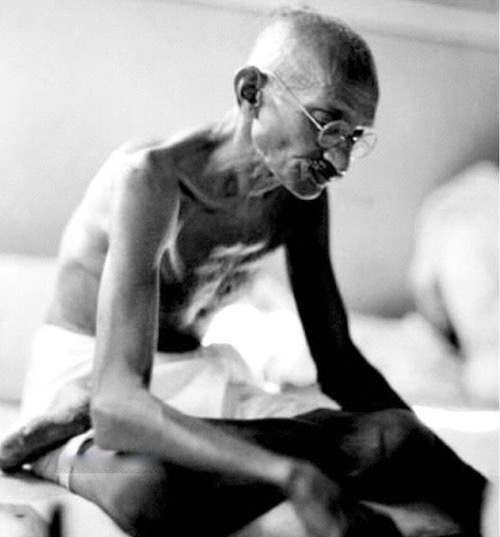
“While they were worshiping the Lord and fasting, the Holy Spirit said, ‘Set apart for me Barnabas and Saul for the work to which I have called them.’” Acts 13:2
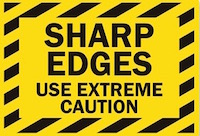 The teaching concerning baptism in the Didache is eminently sensible and should give comfort to all the various sects of Christendom. But those who baptize in “living water” have a slight edge. It is these “slight edges” and often “sharp edges” that have divided Christians from the beginning.—Sandra Sweeny Silver
The teaching concerning baptism in the Didache is eminently sensible and should give comfort to all the various sects of Christendom. But those who baptize in “living water” have a slight edge. It is these “slight edges” and often “sharp edges” that have divided Christians from the beginning.—Sandra Sweeny Silver
